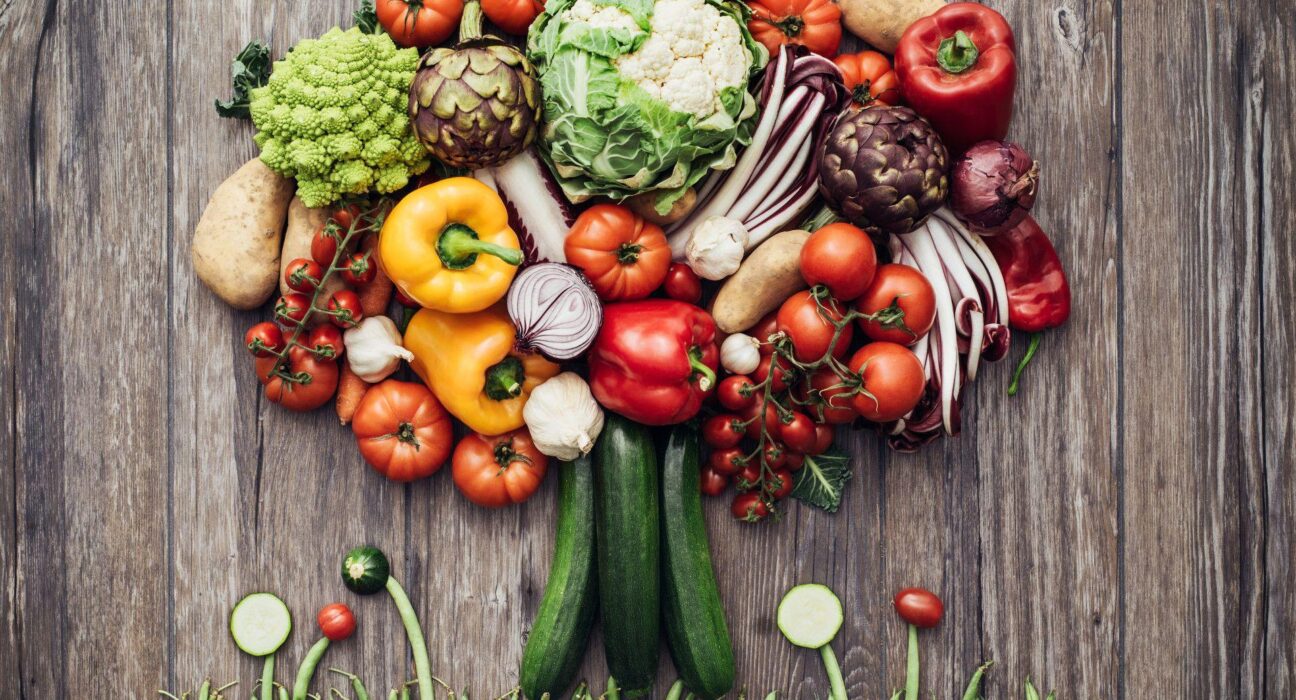If you’re a cheese lover who craves that creamy goodness but also feels the weight of guilt from its environmental repercussions, get ready for some exciting news! The battle between vegan cheese and traditional dairy products might be taking a thrilling turn towards a more sustainable and ethical future.
### A Game-Changing Breakthrough
In the world of dairy production, one essential player is milk protein. This protein plays a crucial role in creating beloved dairy products like cheese and yogurt. However, what if we told you that this vital milk protein could now be produced by bacteria, opening up new possibilities for plant-based alternatives that don’t rely on cows at all?
According to Suvasini Balasubramanian from the Technical University of Denmark, this breakthrough could drastically slash the carbon footprint associated with cheese production. By harnessing the power of bacteria to create milk proteins, we may soon witness a significant shift towards eco-friendly and animal-friendly cheese-making processes.
### Unraveling the Science Behind Cheese
Dairy milk is not just a simple liquid; it’s a complex concoction of various chemicals. When it comes to crafting cheese, one key component is casein – proteins that form micelles wrapped around calcium compounds. These micelles are essential for giving cheese its unique texture and flavor.
While producing regular casein proteins in bacteria is relatively straightforward, incorporating phosphorylation into the mix has been a challenging task. Phosphorylation involves adding phosphate groups to caseins, which interact with calcium to form those critical micelles. Previous attempts using cow enzymes to achieve phosphorylation in bacteria had hit roadblocks until Balasubramanian’s team stepped in with an innovative solution.
### Pioneering Progress in Plant-Based Cheese
Balasubramanian’s team successfully created phosphorylated casein in E. coli bacteria using bacterial enzymes, marking a significant leap forward in alternative cheese production methods. While this modified casein boasts slightly more phosphates than conventional versions, Balasubramanian reassures us that these variations shouldn’t impact the protein’s functionality.
With plans underway to scale up their process for potential cheese-making endeavors using this novel protein source, researchers are optimistic about the prospects. However, uncertainties remain regarding whether additional types of modified caseins may be required – particularly kappa casein altered by sugar additions rather than phosphates.
### Eco-Conscious Benefits Beyond Taste
The environmental implications of traditional dairy production are profound; for instance, producing one kilogram of cheese currently emits approximately 24 kilograms of carbon dioxide equivalents compared to over 100 kilograms for beef products. In contrast, most plant-based foods emit less than two kilograms per kilogram produced.
This is where precision fermentation or cellular agriculture steps onto the scene as a game-changer for sustainability advocates everywhere. By cultivating essential components like casein through microbial means instead of relying on livestock farming practices, emissions can be dramatically reduced while sidestepping various animal welfare concerns associated with conventional dairy industries.
### Towards Greener Pastures with Microbial Magic
As researchers explore feedstocks derived from sources like alfalfa grass to sustain their bacterial creations efficiently and ethically , there’s an air of optimism surrounding the transformative potential of these emerging technologies within biotechnology and food science realms.

